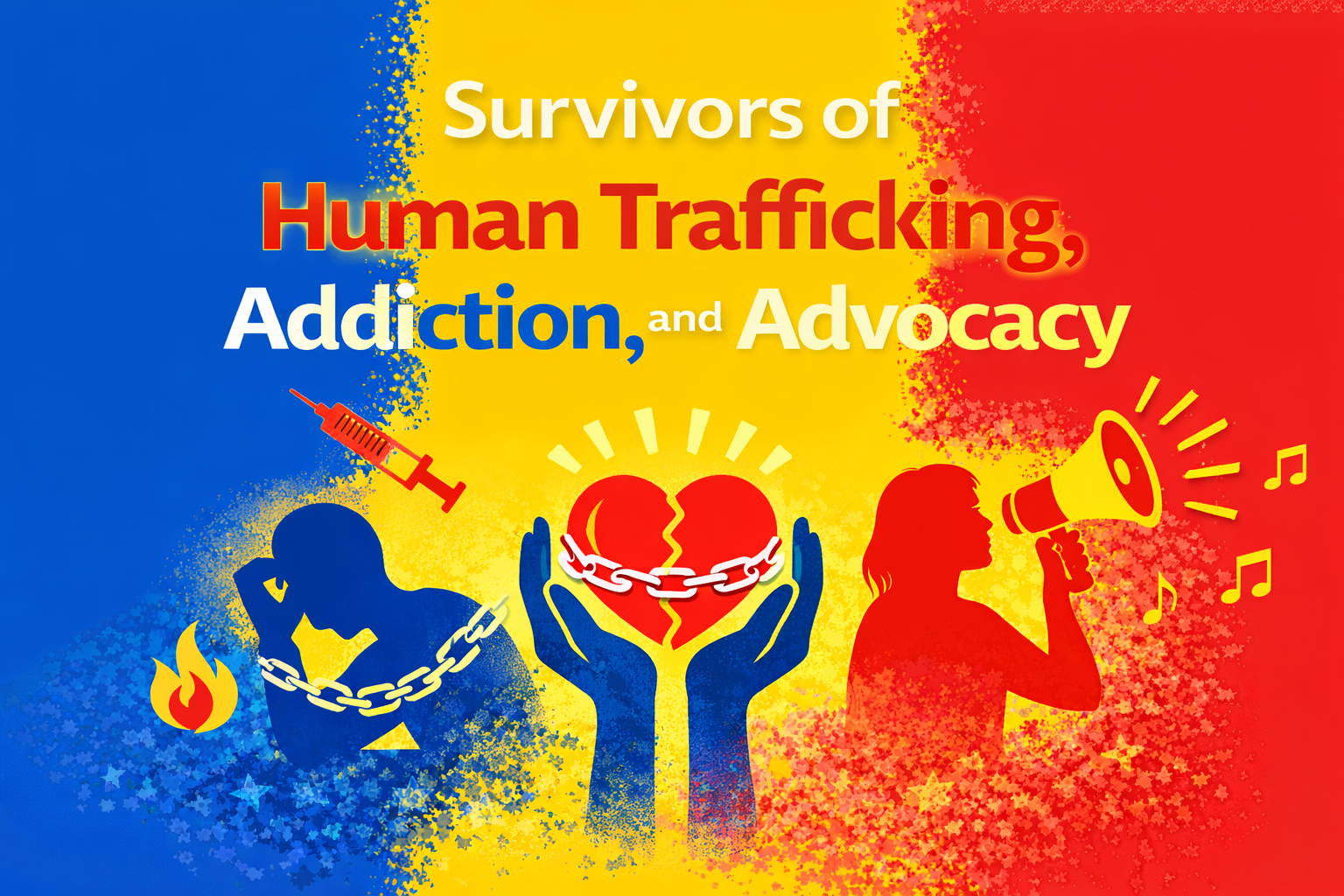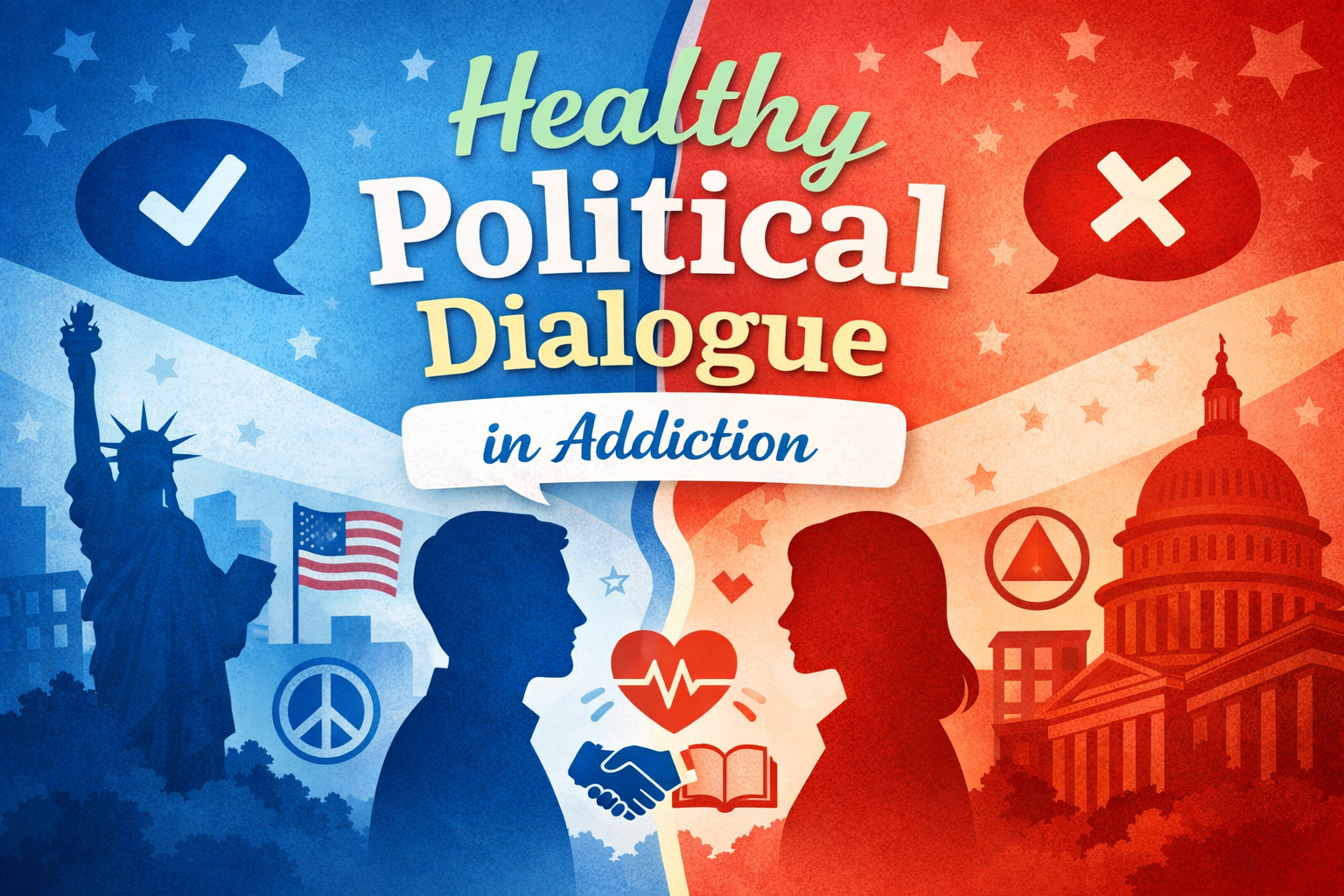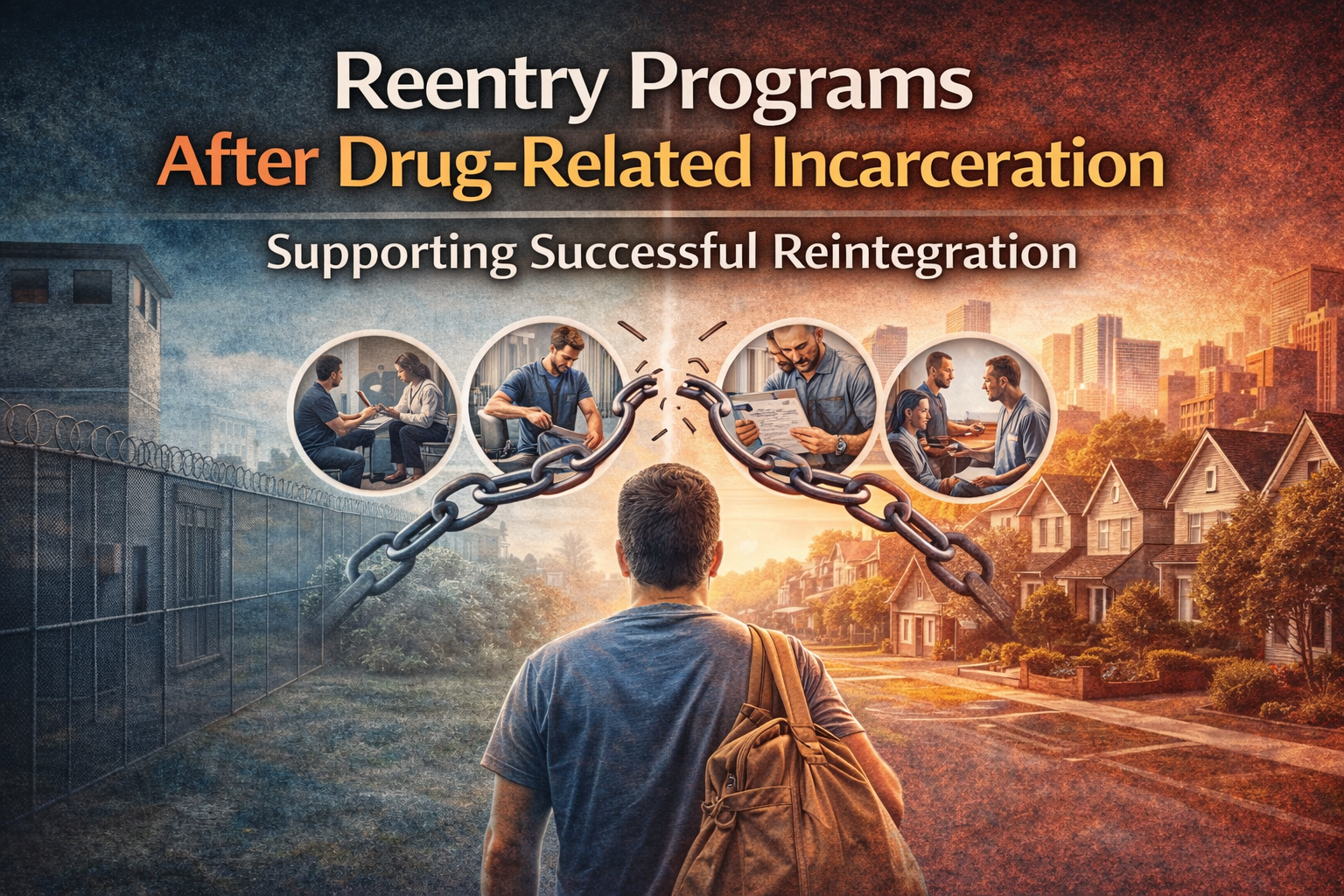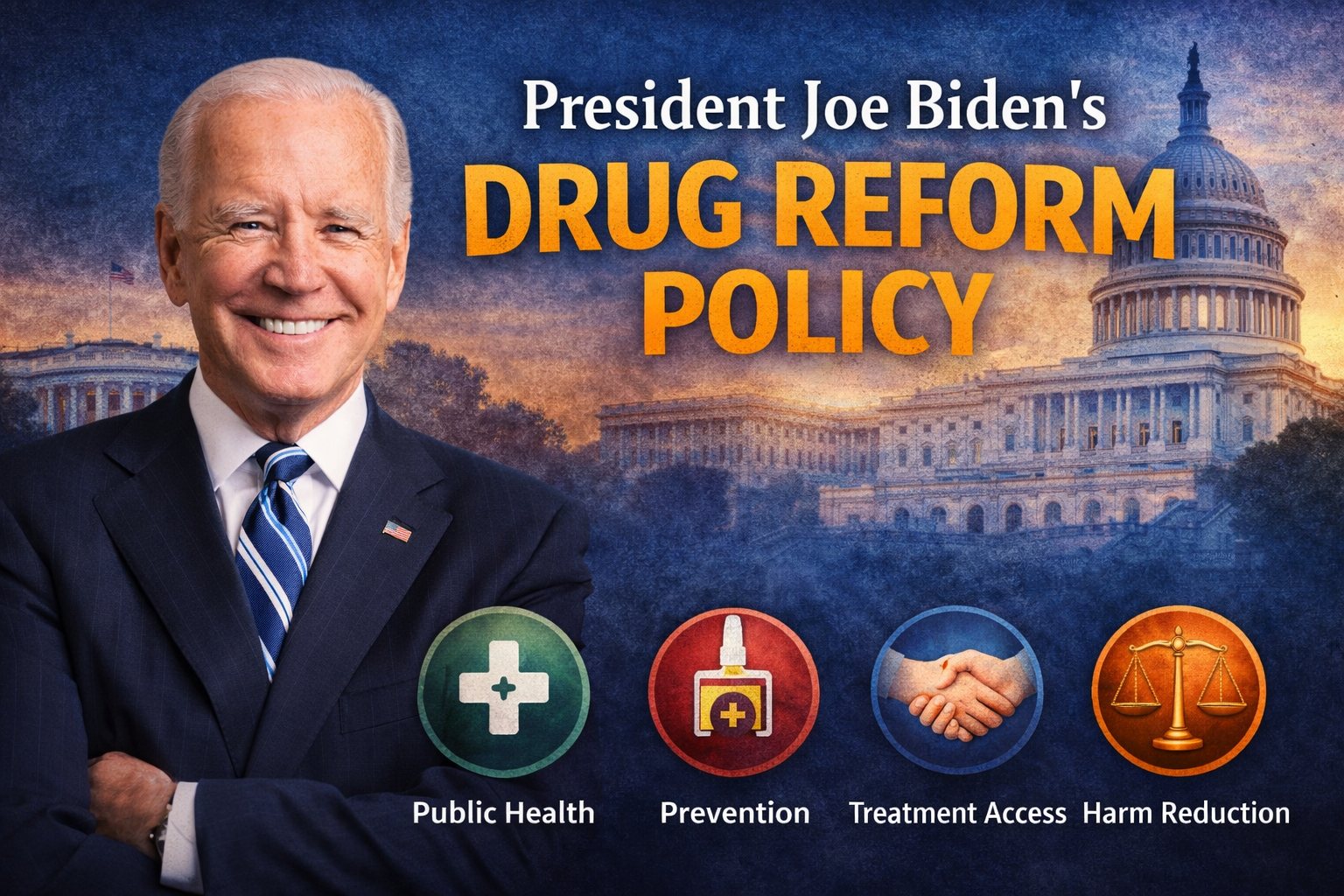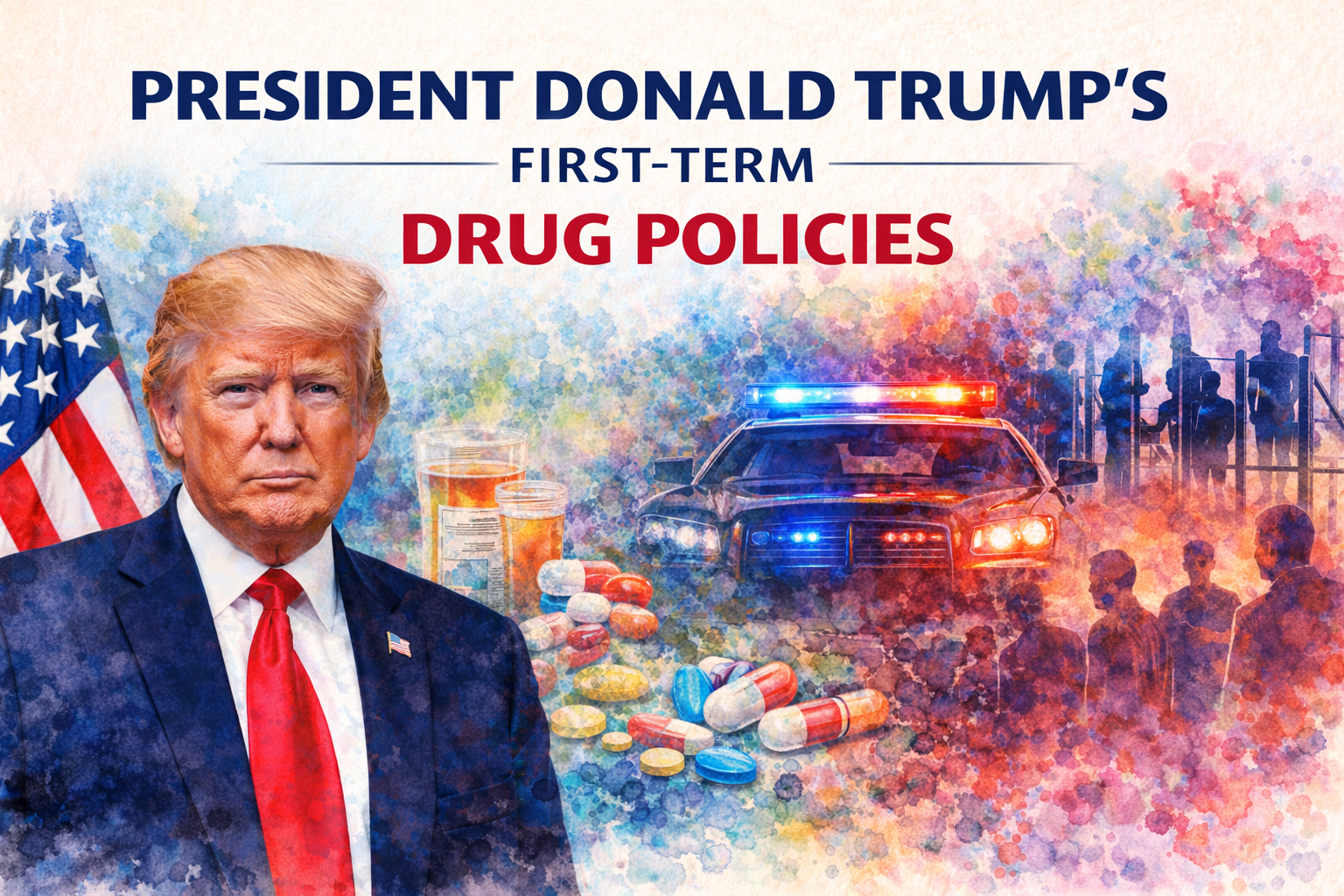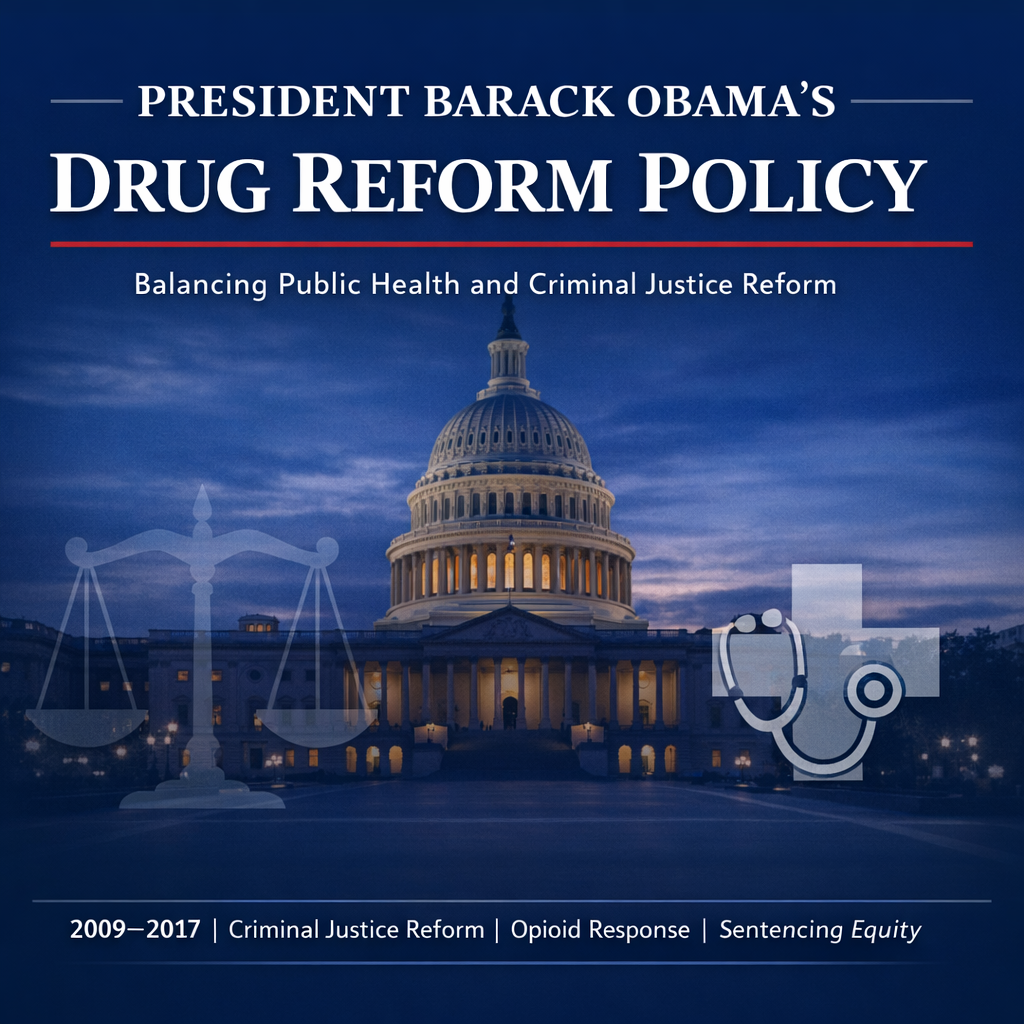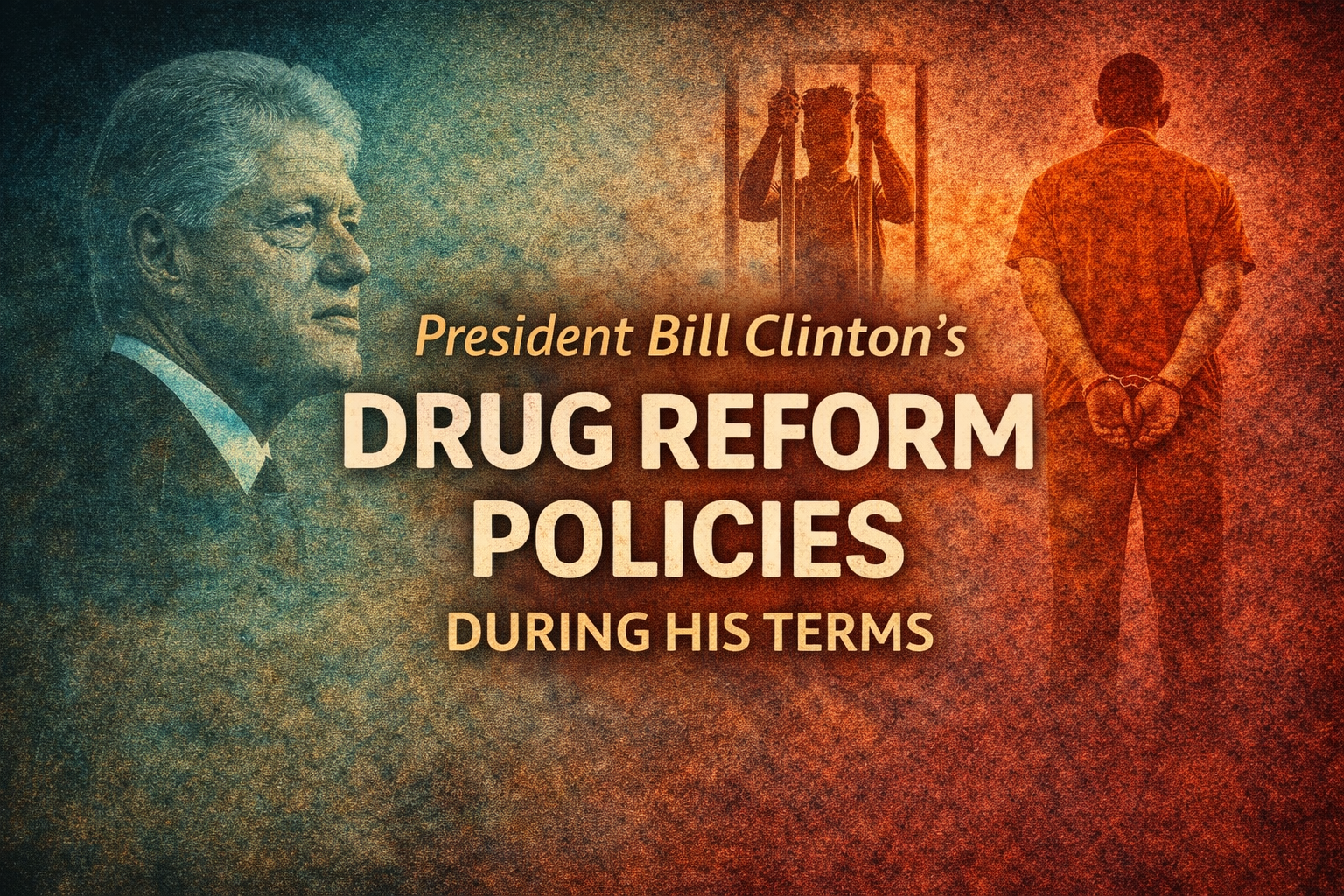Trauma, Recovery, and Advocacy
Survivors of human trafficking who have also struggled with addiction carry layered experiences of trauma, survival, and resilience. Substance use is often intertwined with trafficking—sometimes used as a tool of control, other times as a coping response to overwhelming psychological distress. In this context, addiction is not weakness but often a survival mechanism. Recovery involves … Read more
